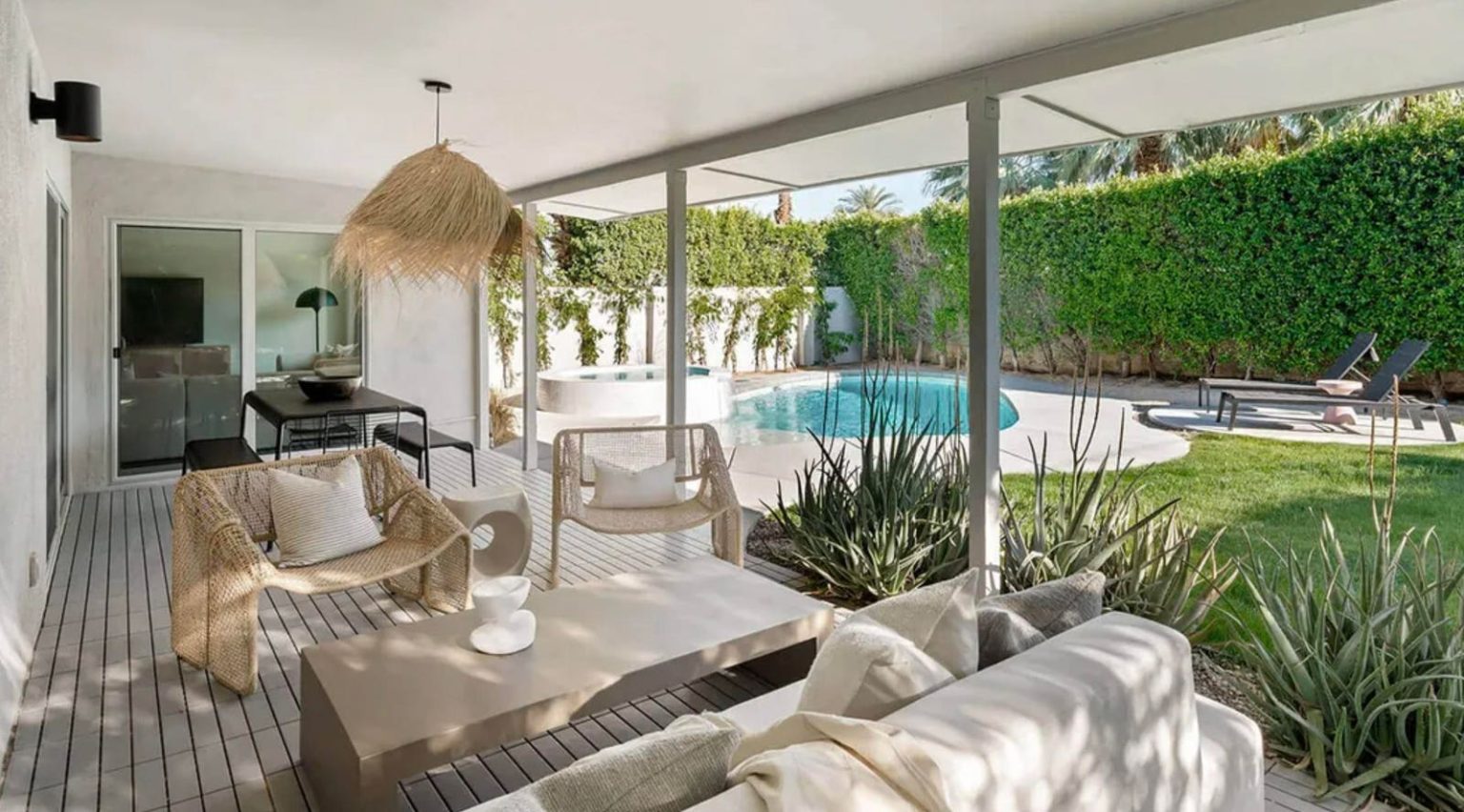Data shows that the online vacation home rental services market is expected to grow globally by $28.01 billion at a CAGR of 14.72% by 2028.
Players like Airbnb and VRBO have largely dominated this space. However, McKinsey’s research shows that a “thirst for novelty and a desire to experience someplace new” are key drivers behind younger consumers’ travel preferences and spending.
Social media use is fueling this shift. Data shows 90% of Gen Z travelers, for example, count on social media when making decisions on their next international trip, and “Instagrammability” (i.e. how it would photograph and reinforce a certain aesthetic quality) is important to 40% of travelers under age 33.
Vacation rental platforms are taking note. For example, the trend has led platforms such as Boutique Homes to focus on creating visually engaging and immersive vacation experiences that resonate with today’s travelers.
“We have a very tight, global edit of inspirational homes that reflect their individual homeowners’ taste and vision,” said Marc Blazer, CEO of Boutique Homes, about their more curated and design-focused approach to vacation rentals.
Only a fraction of applicants make it onto the platform each year. In 2023, for example, more than 800 properties applied to Boutique Homes’s platform on an inbound basis, and less than 25% were accepted.
One example of a design-centric listing on Boutique Homes’s platform is the Meiselman Mid-Century project.
Owners Rachel Posman and Timothy Gillihan transformed their previous vacation house into something that can “immerse guests in an experience with its organic elements, neutral color palette, and a storied luxury boutique hotel feel” with carefully curated pieces designed and sourced by Lolo Interiors.
Boutique Homes’ core philosophy, which is focused on curation and aesthetics, also extends to collaborations with like-minded brands and partners designed to enhance guests’ experiences.
One instance was seen in a partnership with Brightland earlier this year, which introduced the brand’s high-quality olive oil to Boutique Homes’ partners in the U.S., sending each homeowner a bottle to have on-site at their property.
“We share the same passion for thoughtful sourcing and artful design,” said Aishwarya Iyer, Brightland’s founder.
She went on to explain that just as Boutique Homes handpicks its homes and small hotels for the platform, Brightland carefully curates its extra virgin olive oils, fruit-forward vinegars, and raw honeys, making the collaboration a great fit.
But Boutique Homes isn’t the only vacation rental platform working to carve out its own niche in the vacation rental space.
Platforms like Getaway House, for example, lean into the outdoor accommodation angle, with 29 destinations across the U.S. that offer an alternative to traditional rentals or camping experiences via well-designed cabins in secluded natural locations, all within a two-hour ride from major cities such as New York, Boston, Atlanta, Los Angeles, Chicago, D.C., Detroit, Austin and more.
Since its launch in 2015, Getaway has also focused on marketing its “Instagrammable” nature to younger consumers, leveraging the aesthetic and photogenic nature of its cabins and surroundings.
To further capitalize on this, every Getaway cabin is designed with a large picture window that frames the picturesque, nature-filled landscapes. And so far, it’s working: Getaway is tagged in hundreds of new posts across social media each month, with visitors sharing their experiences on-site.
This content is valuable user-generated content that helps fuel a referral engine, which lowers the cost of acquiring new customers overall.
Like Boutique Homes, Getaway also knows its rentals are a good avenue for upsells and on-site product spotlighting. From add-ons like s’mores kits and firewood bundles to pour-over coffees, visitors have an opportunity to try (and buy) new items during their stays.
Looking ahead, as consumer travel preferences continue to lean toward engaging and distinctive experiences, platforms that focus on catering to design-minded guests may be able to capture a fair share of the global vacation rental space’s $28 billion pie, while also opening up new avenues for product discovery, too.
Read the full article here





